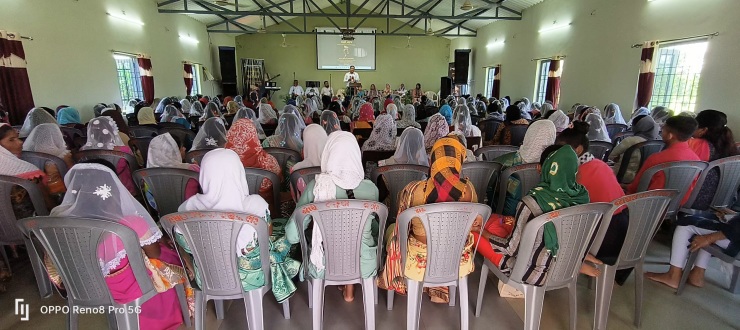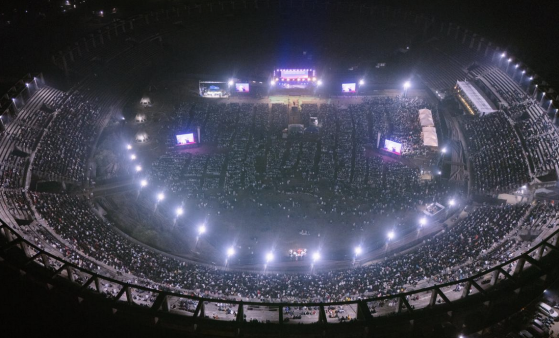
The city of Palitana, located in Gujarat’s Bhavnagar district, has become the first city in the world to ban the sale and consumption of non-vegetarian food. This unprecedented decision has sparked significant debate and controversy, with various stakeholders weighing in on its implications.
The ban on non-vegetarian food in Palitana was implemented following persistent demands from the Jain community, which regards the city as a major pilgrimage site. The city, home to more than 800 Jain temples, including the renowned Adinath Temple, saw approximately 200 Jain monks protest, calling for the closure of around 250 butcher shops. The monks' campaign, which included a hunger strike in 2014, was allegedly driven by their commitment to non-violence and the sanctity of their religious beliefs.
The decision has elicited mixed reactions. An editorial in the Deccan Herald critiqued the ban, arguing that it disregards the food culture of the majority. The editorial noted that while Jain dietary restrictions are based on non-violence, these should not be imposed on the entire population of Palitana, which includes people from various communities with different dietary preferences. It highlighted that many communities in India, including Muslims, Christians, and certain Hindu castes, traditionally consume non-vegetarian food and that such bans could disrupt their way of life.
The editorial further suggested that instead of blanket bans, the government could establish designated markets for the sale of non-vegetarian food, situated away from temples and other sensitive areas. This approach, it argued, would respect both the religious sentiments of the Jain community and the dietary preferences of others.
In response to the editorial, Karnataka BJP MP Lahar Singh Siroya issued a strongly worded letter, accusing the Deccan Herald of trying to create discord between the Jain and Muslim communities. Siroya defended the ban, stating that it was a legitimate expression of the Jain community’s right to practice their faith in their holy town. He emphasized the historical harmony between Jains and Muslims and criticized the editorial for allegedly pitting one minority community against another.
The situation in Palitana is not unique to the city. Similar regulations have been imposed in other parts of Gujarat, such as Rajkot, Vadodara, Junagadh, and Ahmedabad, where the display and sale of non-vegetarian food have been restricted reflecting a broader move towards promoting vegetarianism in regions with significant Jain or Hindu populations.
However, these measures have raised concerns about inclusivity and respect for diverse dietary practices. Critics argue that such bans disproportionately affect communities that rely on the sale of meat for their livelihoods, particularly Muslims, and disrupt the food culture of the population that does eat non vegetarian food.
Muslims make up 9.67% of the population in Gujarat and Christians 0.52% as per the 2011 census, while the Jains are about 1% of the total population.




